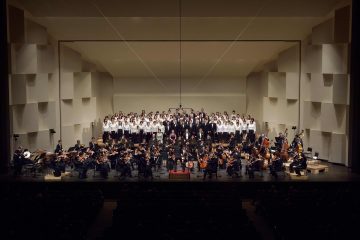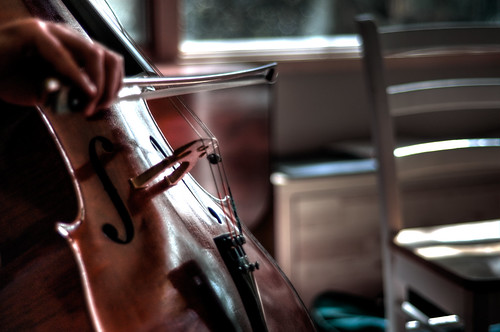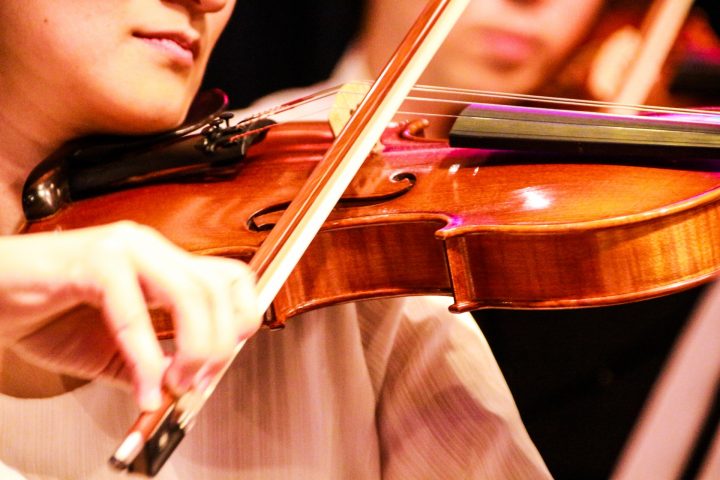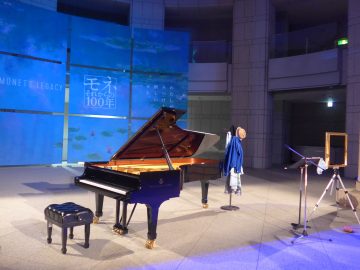Ryu Miho's "Woman in Jazz♡" No. 6 Noge Jazz Cafe "Chigusa" "Listen to the space where time is carved with Jazz and people"
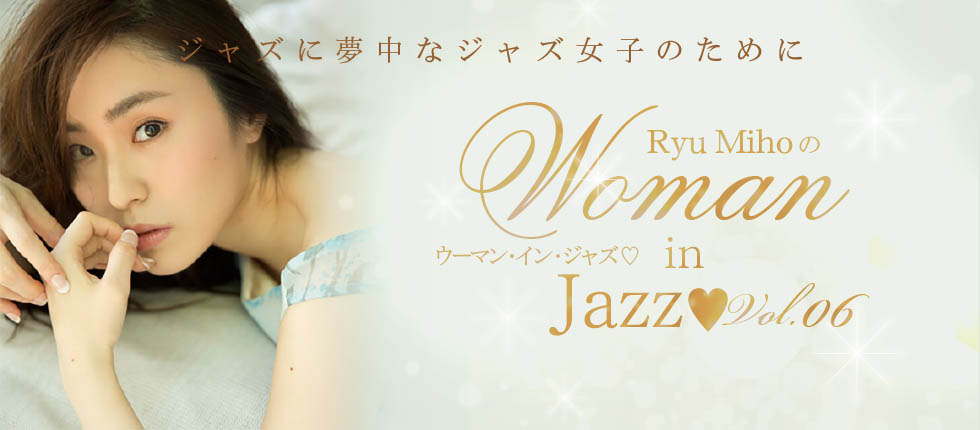
Ryu: ``Woman in Jazz♡'' is delivered with a concept that allows women to easily go to jazz houses and jazz cafes, and makes them want to go again.
Fujisawa-san: Actually, we want female customers to come as well, so on Mondays we draw fortunes that are associated with jazz. Comes with one candy. That's all.
Ryu: That's good, it's like Ladies' Day.
Actually, I've been here several times, and the appearance gives me the impression that it's a historic store that has carved out time with jazz. Could you tell me about the history behind the establishment of this store? please.
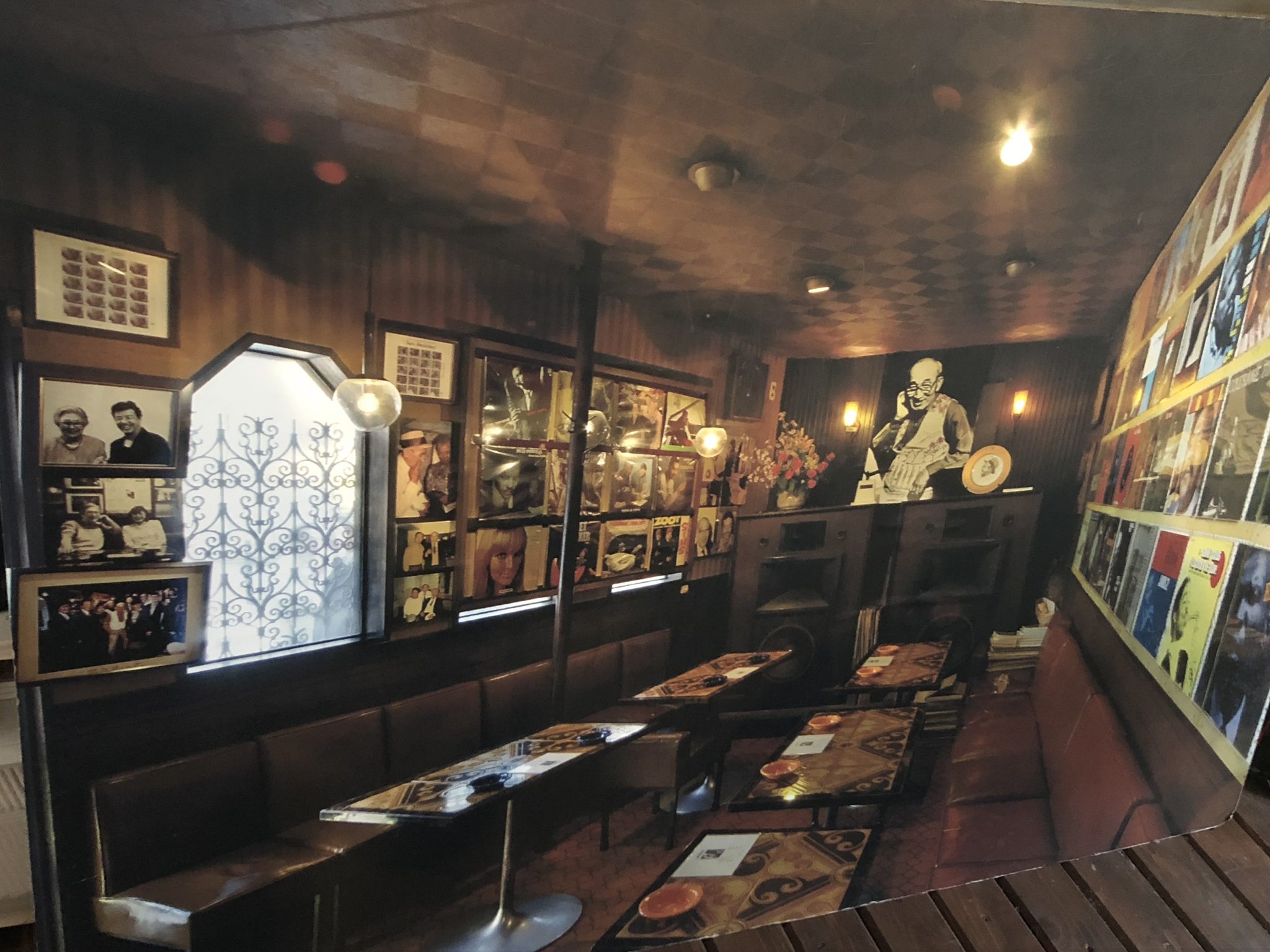
Fujisawa-san: We closed the shop in January 2007. Mr. Yoshida was involved in the development of a condominium on the ground, and said, ``I'd rather buy records than buy land.'' As a result, after Mr. Yoshida passed away, his younger sister Takako took over and ran the business with volunteer Chigusa-kai members for several years, but then received a notice that he was being evicted. I could have fought if I wanted to, but unfortunately Takako got tired. Chigusa-kai members originally helped out after Mr. Yoshida passed away, but they gave up and closed the shop. That was 2007. At that time, there was someone who looked like a jazz benefactor, and he said, ``We'll take over Chigusa's belongings that he spent so much time on.'' We told them that if everything was going to be lost, from the players to the records to the materials, we would take it over. There, members of the Oita Chigusa Association had a lively discussion.
Although the shop is currently closed, I have a desire to reopen it someday, so I managed to leave behind some belongings for that day. Having said that, the speakers were large and the player had quite a volume, so we were wondering what to do with all these belongings. A lot of people took care of me.
Although I moved around a lot, I spent five years there.
Many people took good care of it, including the central library, the parking lot for the JRA horse racing community, and the town planning committee, who said, ``This is an important asset for Noge,'' and took care of it. The biggest thing is that I was there.
At that time, a group called Noge Hana*Hana was working on revitalizing the town, and one person came up with the question, ``Why has everyone forgotten about Chigusa?'' and there were people who particularly encouraged Chigusa. . Then, we restored Chigusa on a full scale as an event.

At that time, documents from when Chigusa was dismantled came to light in the form of photographs.
The old Chigusa was a very old two-story wooden building that could easily break down, but I took photos while it was being demolished. That's also a huge number. There were hundreds of them. I redrawn the blueprint based on that photo and restored it to 70% of its original size and created Hana*Hana. At that time, about 1,700 people came during the 10-day operation.
I wondered if I could end it with just one event like this, so I started looking for a restaurant.
I was looking for a place to reopen Chigusa in earnest, and the space next door happened to be vacant. This was originally an old bar, and it had been abandoned for 10 years after it closed, but I managed to find a place with the owner and rented the space in the summer of 2011.
Before that, during the Great East Japan Earthquake, our jazz friends who were close to us were affected by the disaster, and we happened to be featured in the Kanagawa Shimbun newspaper, and they pulled out records from the rubble and said, ``We can't lose to something like this.'' We read an article by Mr. Toyama from h.IMAGINE that said, ``It's definitely going to start again.'' We were inspired by that.
There's no reason we can't do it either. How blessed I am to be in good health, in such a busy downtown area, and to have so many friends. Let's restart with them! and. Mr. Toyama from h.IMAGINE was planning to open a new store in Ofunato, so we started working together with that goal as well.
The City of Yokohama will utilize its support system to utilize vacant stores and provide support to the disaster-stricken areas. So, I submitted a proposal to the City of Yokohama and received support, and they provided half of the rent subsidy for a year.
For a year, we had the unfortunate event of the earthquake, but we took advantage of that opportunity to reopen this store, and the store is now open.

Ryu: That's right, so the store will open in March 2012.
Mr. Fujisawa: Yes, we will reopen along with the Ofunato store. However, Ofunato was in a lot of trouble and the land itself was washed away, so we are raising the land over a wide area.
Since then, we have been building the store, which has taken 6 years to complete with foundation work, and although we have been moving around and operating as a temporary store, I think we will be able to reopen the store as a full-fledged store around next year.
I was in contact with Mr. Toyama on March 11th of this year, and asked him how things were going after that. I think we will continue to talk and work together.
Ryu: For Chigusa-san, h.IMAGINE feels like a sister store.
Mr. Fujisawa: Well, I'm sorry, but for us, it wasn't just a push from the back, it was a shock to the extent of being kicked from behind, which gave us strength.
Ryu: That's right. They have a strong bond of encouraging each other.
What kind of things does Mr. Mamoru Yoshida ``create a store for listening to sound'' when creating a store?
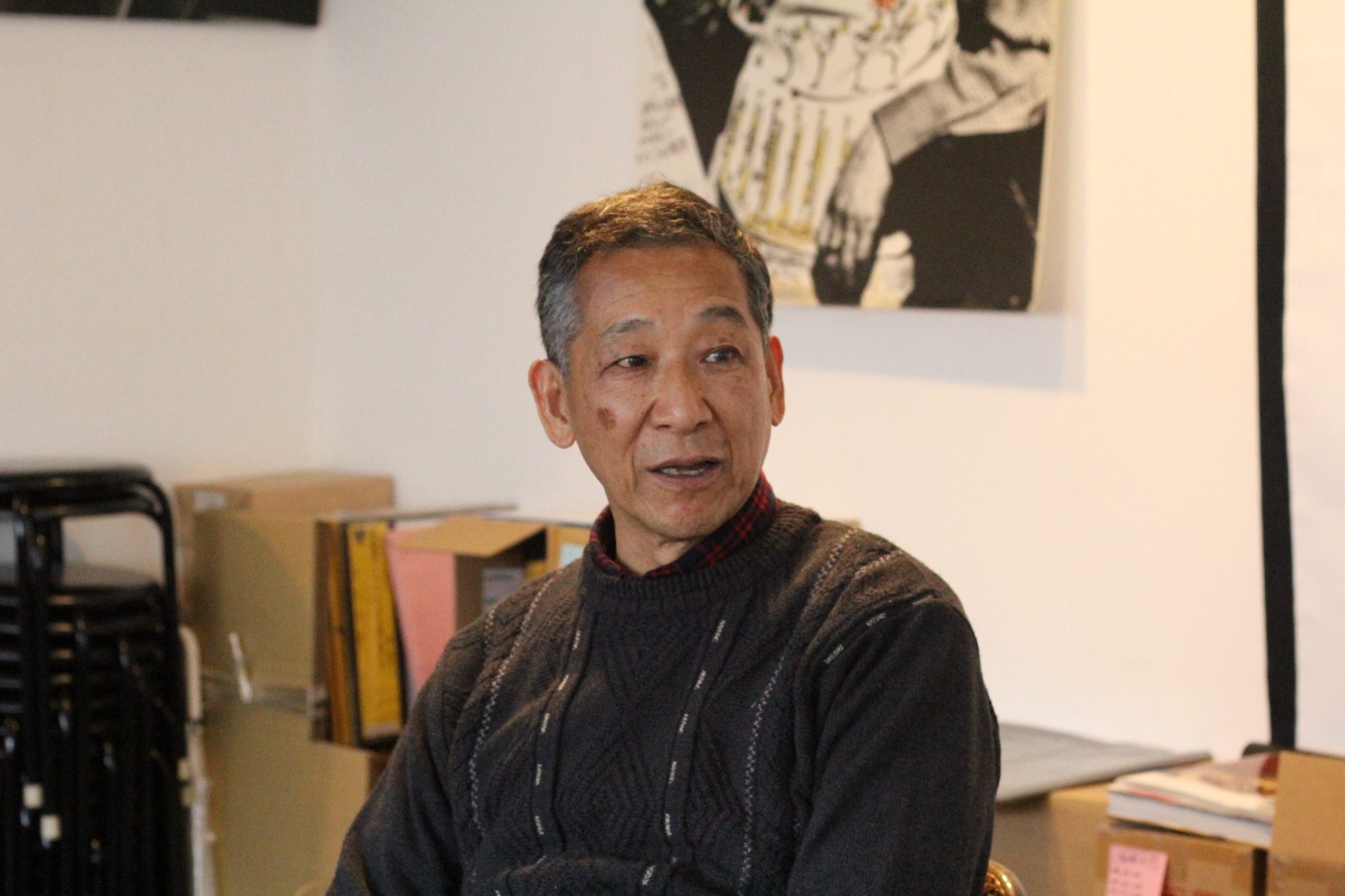
Mr. Fujisawa: Our first priority was securing a venue, and to be honest, we didn't really think about the pros and cons for the acoustics. However, by chance, there was an old shop still standing that was comparable to the original Chigusa. So basically I didn't do much with it. I didn't touch it, but since there's a second floor, I just put a pipe under it because I wouldn't want it to fall down.
It's interesting, and the sound gets used to it.
There were speakers, there were players, there were amplifiers, and in fact, it wasn't just that, but it also included the building, and I felt that I was gradually getting used to it.
I feel that inside a wooden house like this, something feels familiar to me, and while absorbing it, it kindly returns to me, and perhaps it returns to my five senses visually as well.
I didn't do anything special to it.
Ryu: When I was listening to it, I thought the sound was good. It's a gentle and deep sound.
Mr. Fujisawa: That's right. At first, I felt uncomfortable, kind of. Gradually, I don't know when, but I started to get used to it.
Ryu: Audio was designed and produced by Hiroyuki Takahashi (Victor Engineer). I heard that it is an original with Chigusa's name on it, but has it been around since Mamoru Yoshida's time?
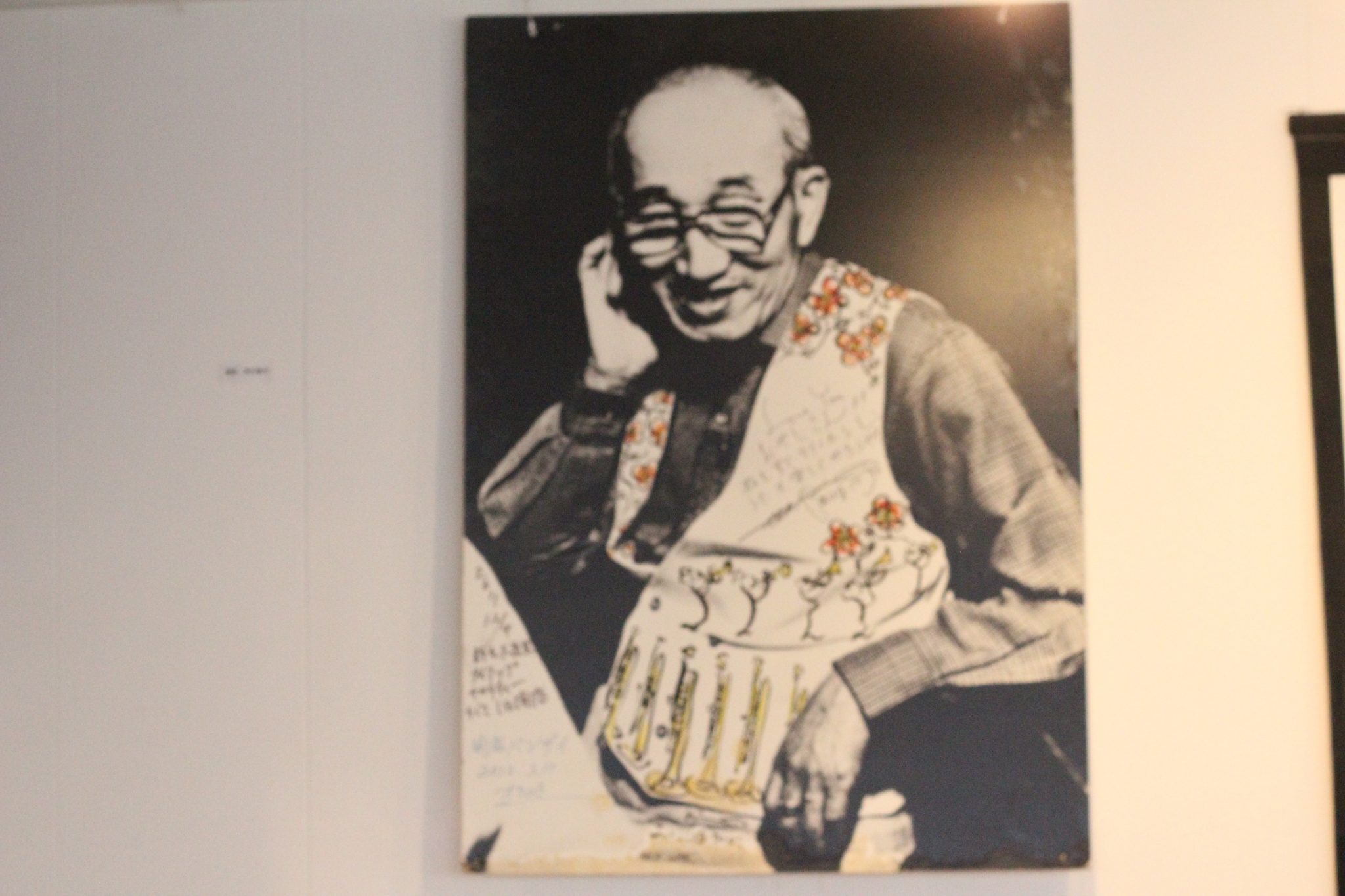
Mr. Fujisawa: Yes. Mr. Yoshida was called up in 1945. This means that they are drawn to the battlefield. Before that happened, everything in this area was destroyed in the Yokohama air raid in April 1945.
Everything he held dear was lost there.
Fortunately, he returns, but nothing is found.
Even so, I wanted to play jazz. I want you to listen to it, and I want to listen to it with you. So, some of my old friends from back then came together.
People brought in records, people worked on the sound equipment, people like that came together from various places to make it. We value the outcome of that process.
The speakers, amps, and players are all a mishmash of things, and I've changed things little by little, but I still cherish that.
However, people who know a lot about sound will tell you that this is no good and that you should replace everything, but because of this background, it is difficult to replace them.
If it were expressed purely as a sound, people might say that they can't bear to let the audience listen to something like this. However, there are people who say that chigusa also includes some kind of noise, and that this is the sound of chigusa. I think I'll stick with the Chigusa model for the time being.
Ryu: I think it's great. When I enter Chigusa, many people open their ears and listen intently to the sound of Chigusa, which makes me stay still, but I guess most of the customers are listening to the sound.
Mr. Fujisawa: I wonder what it is, this too. Jazz was originally music to be enjoyed and danced to, so Mr. Yoshida may be responsible for the chigusa (lol), but there was a part of me that wanted to listen to it in silence, so that's how it turned out. Because there is also.
When I come to this restaurant, I'm afraid to talk, but I also don't want to be able to chat in a coffee shop, so it's okay, I'm free. We work on a rotating basis, so each person responds differently.
Ryu: That's right, hearing that made it easier for me to get into it (lol).
How many records do you have now?
Fujisawa: About 3,000 pieces. There are some things I haven't released yet. Originally there were around 6,000 pieces, but the number has been reduced by half. The rest is in an underground warehouse in Sakuragicho. A lot of older fans are asking if they can adopt it. These people find out about Chigusa in newspapers and mass media and call us. Actually, my father left something like this and I wonder what it would be like. And.
I try to receive such things as much as possible.
Of course, there are some duplicates, but it's okay because some songs get worn out after listening to them over and over again.
Sometimes things that aren't there come up.
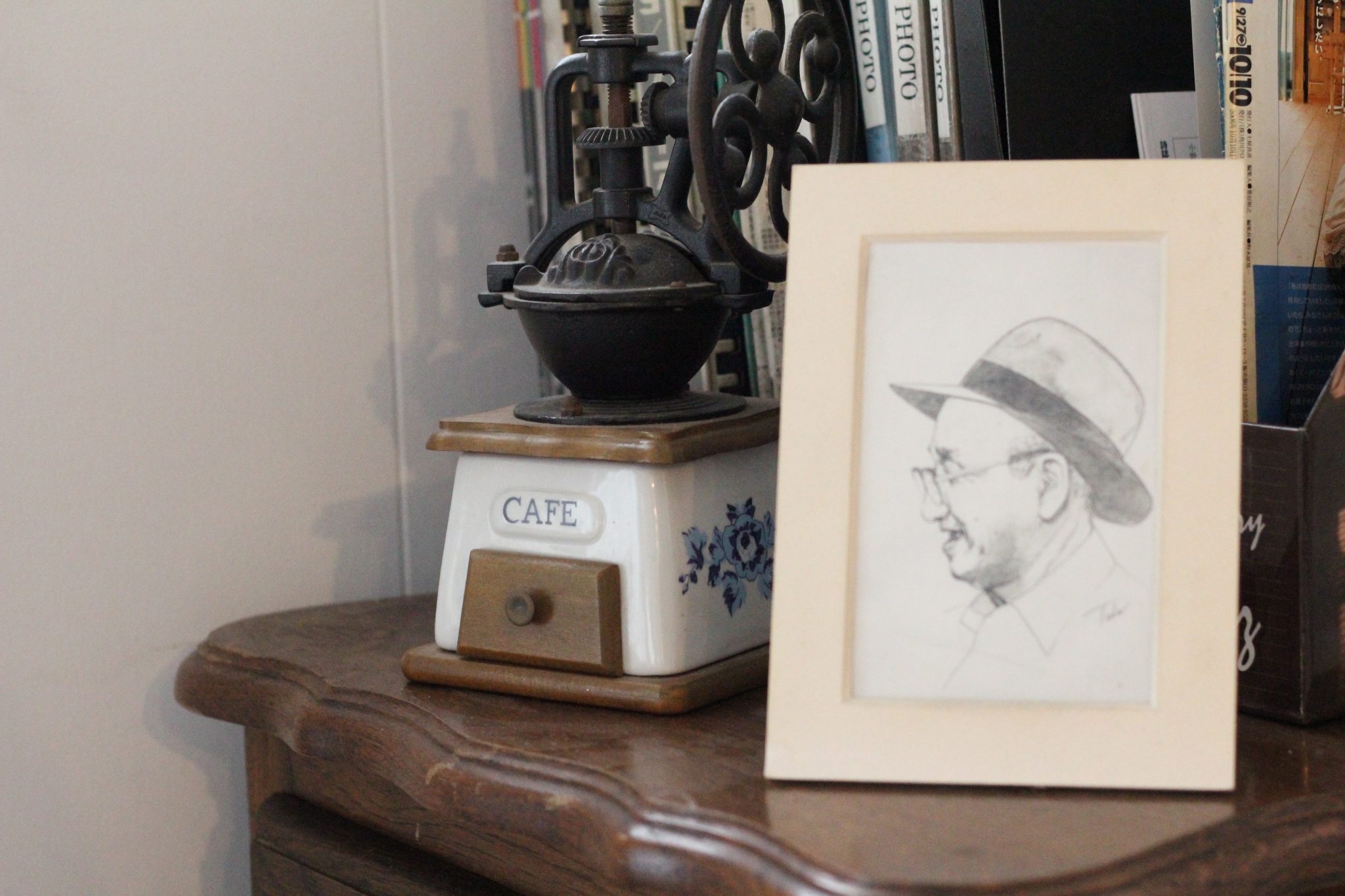
Ryu: Mr. Fujisawa, have you been listening to jazz?
Mr. Fujisawa: I never listened to it, but I lived next door to the jazz cafe Chigusa on Noge 1-chome. However, in order to reopen the shop here, I had to get the cooperation and support of the local people, and I think this is a conduit for building relationships with people.
Ryu: That's right, it's all about unknown stories that aren't even on the internet. How do you usually choose your songs?
Mr. Fujisawa: Mr. Yusa, who was the last Chigusa-kai chairman in terms of song selection, asked him at the opening on March 11, 2012, ``What are you going to play?'' and he answered, ``It's already been decided, Bill Evans.'' 'My Foolish Heart.' It was Mr. Yoshida's favorite song, and he always started with this song when opening a store.
So when I opened the store for the first time in five years, I decided to use this song. That's actually what I did.
Mr. Yoshida liked the song, and he said that he would check the performance of the record player with this song.
If you do the same song with the same adjustments, you'll know if it's different today or if there's something wrong.
So in that sense, it's a tradition at Chigusa to open a store with this song, which is also my favorite song. Also, the customers can play this or that, but that's not a lottery (lol). Nothing in particular.
Ryu: That's right. There are a lot of requests.
Mr. Fujisawa: Yes, there are many. About half of the songs are requests, and the other half are just for listening. Everyone is very knowledgeable.
On the other hand, the customers could tell me the names of musicians they didn't know. He lets me play records I've never heard before. This is a great story. It's an unexpected gift.
Ryu: You also hold live shows, right? Do you hold live shows regularly?
Fujisawa: I used to do it every week until last year, but now I do it about twice a month. Still, there are many people who want to do it in Chigusa. The Okinawan kids cried when it was decided that we would be doing it at Chigusa. It made me realize that chigusa plays a much more important role in the world of jazz than we thought, or rather it has a presence that is invisible to the eye. So, although it's a management issue, I want to free up as much as possible.
Ryu: It's a store that is loved by a lot of people, both customers and musicians.
Mr. Fujisawa: Yes. In Yokohama, I want to support and nurture young musicians in particular, so that what Mr. Yoshida has cultivated in Noge will not be lost in a simple way, and must be passed on to the younger generation. It was Mr. Yoshida's dream to enrich Japanese jazz.
It's not possible to do that just with a coffee shop, so it's hard because you have to create a label, organize jazz-related events, host such projects, and sponsor them in the town.
Under these circumstances, paid staff and volunteers work together to support each other.
We are a group of people who believe that all they need is music they like, coffee they like, and interesting friends to come, and we are successful because these people have solidified the basics.
I don't think jazz cafes can survive in this day and age.
However, thankfully, Chigusa has a lot of backgrounds, and a lot of people are willing to help out. They are all involved, making use of their respective special skills.
The backgrounds of each person, including those who are experts in record packaging and those who brew coffee, are involved in the differences.
That's why I've been able to continue for six years, just barely.
Ryu: It's truly amazing that Chigusa is created through the power and thoughts of so many people.
Ryu: Lastly, please give a message to our female readers.
Ms. Fujisawa: Recently, many young women come alone. The percentage of people who are interested in movies, want to read novels, or want to spend time alone is increasing.
Don't think about complicated things, think what you really think is good, and enjoy your time at ease.
Ryu: I will also ask. thank you very much!

How was it. 6th “Woman in Jazz♡”
I went to Noge Jazz Cafe Chigusa, a historical space.
The stories that I was able to hear this time that are not even available on the internet are the thoughts and actions of the many people who created and protected Chigusa today.
Spend some time alone while immersing yourself in the space, and you may discover important feelings.
Please come and spend some time at Chigusa.
Jazz Cafe Chigusa (Noge)
http://noge-chigusa.com/
